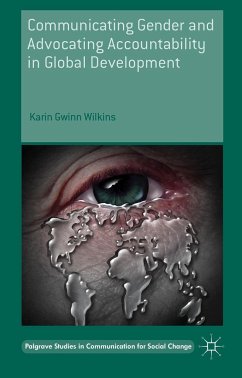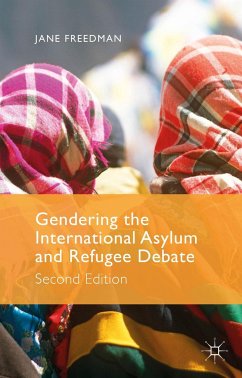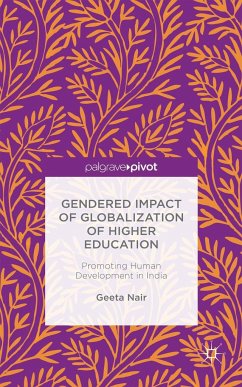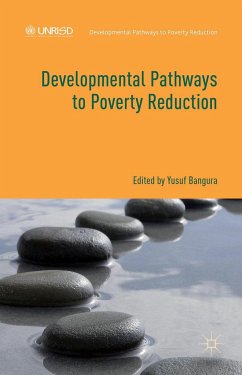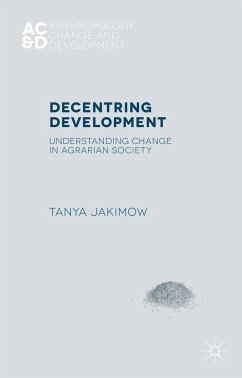Agnès Adjambago, Institute of Research for Development (IRD), France Sonia E. Alvarez, University of Massachusetts at Amherst, USA Lourdes Beneria, Cornell University, USA Blandine Destremau, French National Centre for Scientific Research (CNRS), France Christine Catarino, independent scholar Jules Falquet, Université Paris Diderot, France Isabel Cristina Jaramillo, Universidad de los Andes, Colombia Bruno Lautier, University Paris I Panthéon-Sorbonne, France Thérèse Locoh, French National Institute for Demographic Studies (INED), France Miriam Nobre, Women International and University of São-Paulo, Brazil Olasunbo Odebode, UNICEF Abuja, Nigeria Laura Oso, University of La Coruña, Spain Elisabeth Prügl, Graduate Institute of International and Development Studies (IHEID), Switzerland Fenneke Reysoo, Graduate Institute of International and Development Studies (IHEID), Switzerland Irene van Staveren, Erasmus University Rotterdam, the Netherlands










